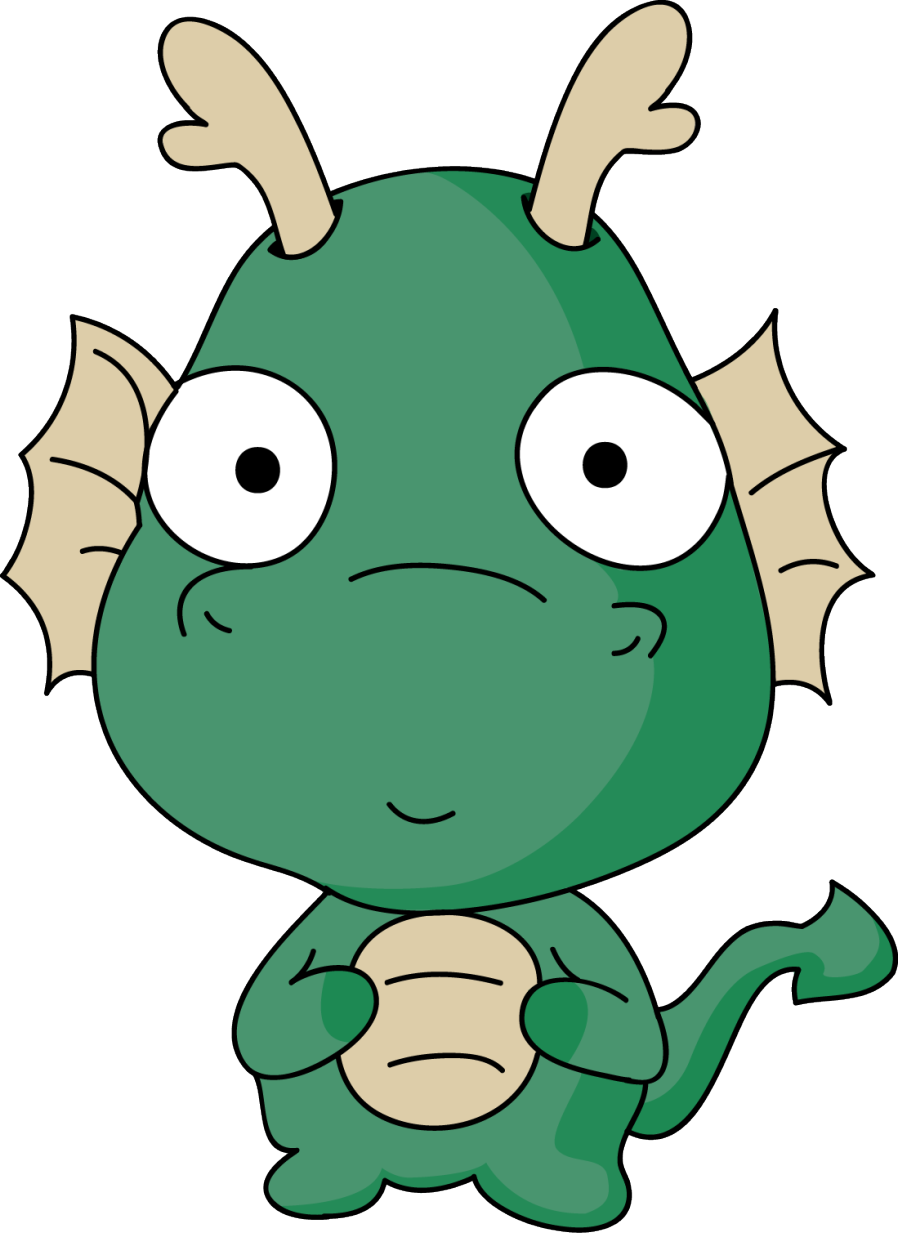Even other neurodivergent people will enable behaviors that trigger RSD, maybe because it doesn't hurt them as bad, or they've learned to cope with it better, or whatever. But anyway, we aren't approaching the problem of RSD radically enough. We have to change the way we communicate with people on a fundamental level. Anti-ableism isnt just about not using certain naughty words. For neurodivergent people to be safe in society, it requires a completely radical rewiring of how communication works. I don't know how that will work exactly. I understand that sometimes it causes problems with intersectionality (though I think the way people just throw the anti-ableism side of that discussion out the window completely is fucking disgusting, again this is something that even neurodivergent people will do, because intersection is complicated and people don't like complicated things so they jump to one side or the other and for some reason ableism always loses out in those clashses) but I still think its incredibly important.

So I just learned this term and have incidentally been wondering if I have ASD/ADHD recently--
Is this unique to ADHD? Because while I've mostly been wondering about ASD in my case, this definitely resembles a pattern I've noticed in myself. I've had ridiculously debilitating meltdowns in response to thinking that I may be criticized, as in getting feedback on assignments like 27fireflies.
I think it's unique to ASD/ADHD insofar as it has a neurodevelopmental basis in those cases. There are other things like Avoidant Personality Disorder that can have similar features to RSD, but seem to be caused by trauma / environmental factors. (Although I have no background in psychology, so take that with a grain of salt. This was just my impression from reading about it.)
Its more commonly associated with ADHD but it can be associated with ASD too (personally I have both).